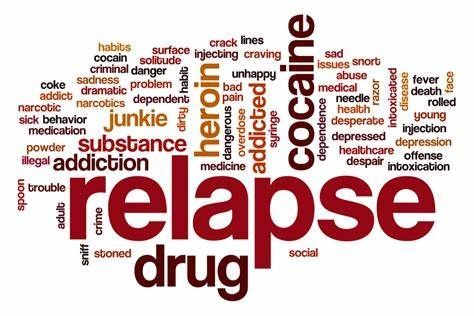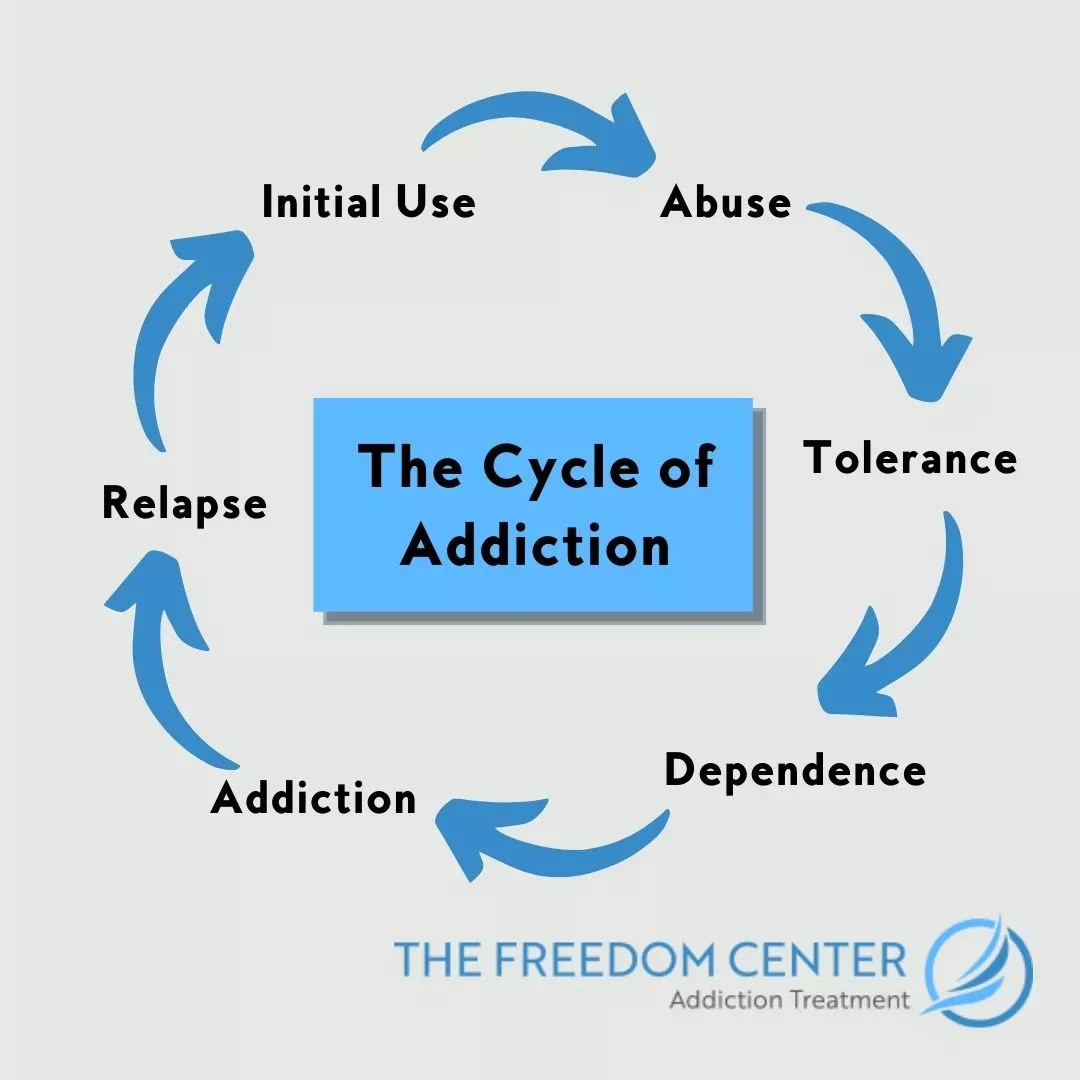
Relapse Music Therapy
What is Music Therapy?
Music therapy is a clinical and evidence-based use of music interventions to accomplish individualized goals within a therapeutic relationship by a credentialed professional. It involves using music to address physical, emotional, cognitive, and social needs of individuals. Techniques can include listening to music, creating music, singing, and moving to music, among others.
“Music therapy interventions to date have addressed affective-motivational goals for relapse prevention of addiction. Although emotional, relational, and motivational music therapy interventions are pertinent to drug addiction recovery, music therapy may further extend its therapeutic impact with music-based cognitive rehabilitation (MBCR) for relapse prevention.”
Reference:
The Role of Music Therapy in Relapse Prevention | Veda Wellness World
How it works
Mechanisms of Music Therapy in Relapse Prevention
1. Emotional Regulation:
- Music as a Mood Modulator: Music has the ability to evoke and regulate emotions. For individuals in recovery, music therapy can help manage mood swings, reduce anxiety, and alleviate depression, which are common triggers for relapse.
- Expressive Outlet: Music provides a safe space for expressing emotions that might be difficult to articulate. This expression can be cathartic, helping to process underlying issues contributing to addiction.
2. Stress Reduction:
- Relaxation Response: Engaging with music can activate the parasympathetic nervous system, inducing a state of relaxation. Techniques such as guided imagery with music can lower cortisol levels and promote a sense of calm.
- Mindfulness and Presence: Music therapy encourages mindfulness, focusing on the present moment. This practice can reduce rumination on past traumas or future anxieties, which often lead to relapse.
3. Cognitive Engagement:
- Cognitive Restructuring: Learning and performing music can stimulate cognitive functions, enhancing memory, attention, and problem-solving skills. This cognitive engagement can help rewire the brain, counteracting the cognitive deficits often caused by addiction.
- Self-Awareness and Insight: Through reflective practices in music therapy, individuals can gain deeper insights into their behaviors and thought patterns, fostering greater self-awareness and control.
Reference
The Role of Music Therapy in Relapse Prevention | Veda Wellness World
Your Music style, expressed.
What you feel should have an expression in what music you listen to motivate you to stay on track to stay clean and focused. Follow your heart be true to yourself and everything else will fall into place.

